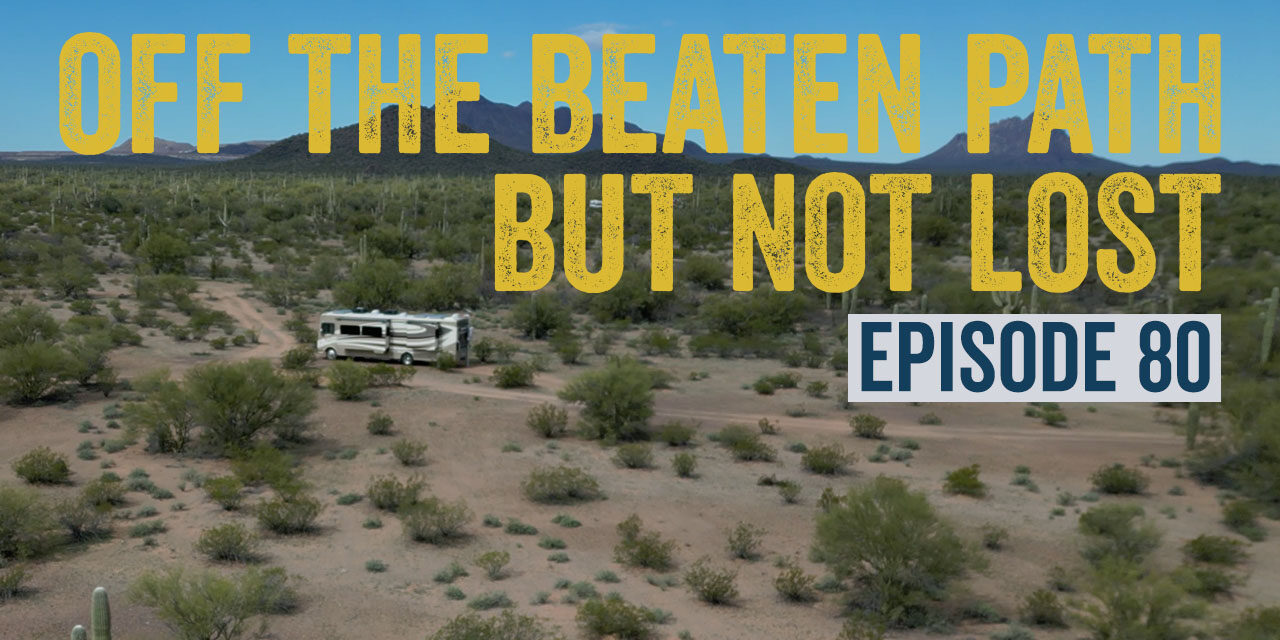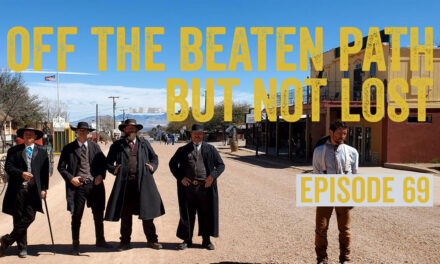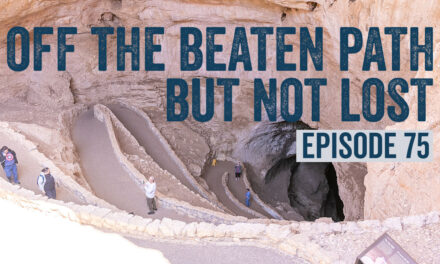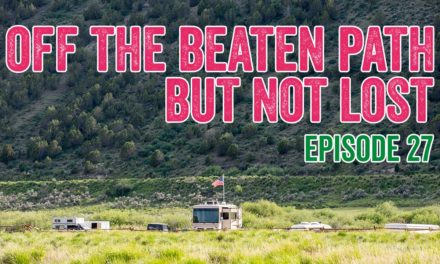In this episode of, Off the Beaten Path but Not Lost, we invite you to discover a new travel concept that’s been gathering momentum among nomads worldwide—slow travel. This style isn’t any ordinary travel approach; it’s a lifestyle choice that enhances your RV adventures, forging deeper connections with the people and places you encounter.
Looking for something specific? 👇
Listen to the podcast
Hey adventurers! 🚐
Did this episode spark some wanderlust, or did it remind you of one of your own off-the-beaten-path stories? If you felt that campfire friendship while listening, we would be super grateful if you’d take a moment to pop over to Apple Podcasts. Please leave us a rating, maybe say hi in the review section, and don’t forget to subscribe. It’s like giving a friendly nod to a fellow RVer on the open road.
Do you have a hidden gem of a location you think we should explore next? Or maybe a practical tip for full-time RV living? Leave us a message—this journey is all the richer when shared with the community.
🏞️ Safe travels, and see you down the road!
SUBSCRIBE: APPLE PODCASTS | PODBEAN | SPOTIFY | IHEART RADIO | PANDORA | TUNEIN | Plus, almost all podcasting apps. Let us know if you can't find us on your app.
Slow Travel: A New Pace to Embrace
What is slow travel, you might ask? Picture this: instead of rushing from one destination to the next, checking off sites on your travel list, you’re immersing yourself fully in each location. You trade the hustle and bustle of typical travel for a relaxed, more intentional, and meaningful journey.
Slow travel is for more than just the RV lifestyle. Even if you’re simply on vacation, adopting the principles of slow travel can significantly enrich your experience. It’s about quality over quantity – spending more time in fewer locations for a more immersive adventure.
However, the RV lifestyle naturally lends itself to slow travel. Living in an RV gives you the flexibility to set your own pace. You can stay in one location for as long as you want, taking the time to explore and appreciate the surroundings fully.
Advantages of Slow Travel in an RV
Our experiences have taught us that rushing to the next destination can make life in an RV quite challenging. The constant moving makes it harder to work, maintain a balanced diet, and effectively homeschool children.
After all, we live a real life, even though we are on the road.
Slow travel in an RV opens up a world of opportunities for deeper exploration. With your home on wheels, you can venture off the beaten path. Rather than following the crowds, you can unearth less touristy areas and uncover hidden gems that often need to be noticed in the rush of traditional travel.
One of the most significant advantages of slow travel is its stress reduction. Vacations can often turn stressful in the whirlwind of trying to see and do everything. However, slow travel encourages a more relaxed pace. It’s not about rushing from one point to the next; instead, it’s about genuinely experiencing each place you visit.
Slow travel is also about creating lasting memories. The more time you spend in a location, the more opportunities you have for unique, personal experiences. These aren’t just fleeting moments—they’re lasting memories you’ll treasure long after the journey ends.
Moreover, slow travel can be remarkably cost-effective. Since you’re not constantly on the move, your expenditure on fuel, campsite fees, and even meals out tend to decrease. This approach allows your travel budget to stretch further, enabling a more extended and enriching travel experience.
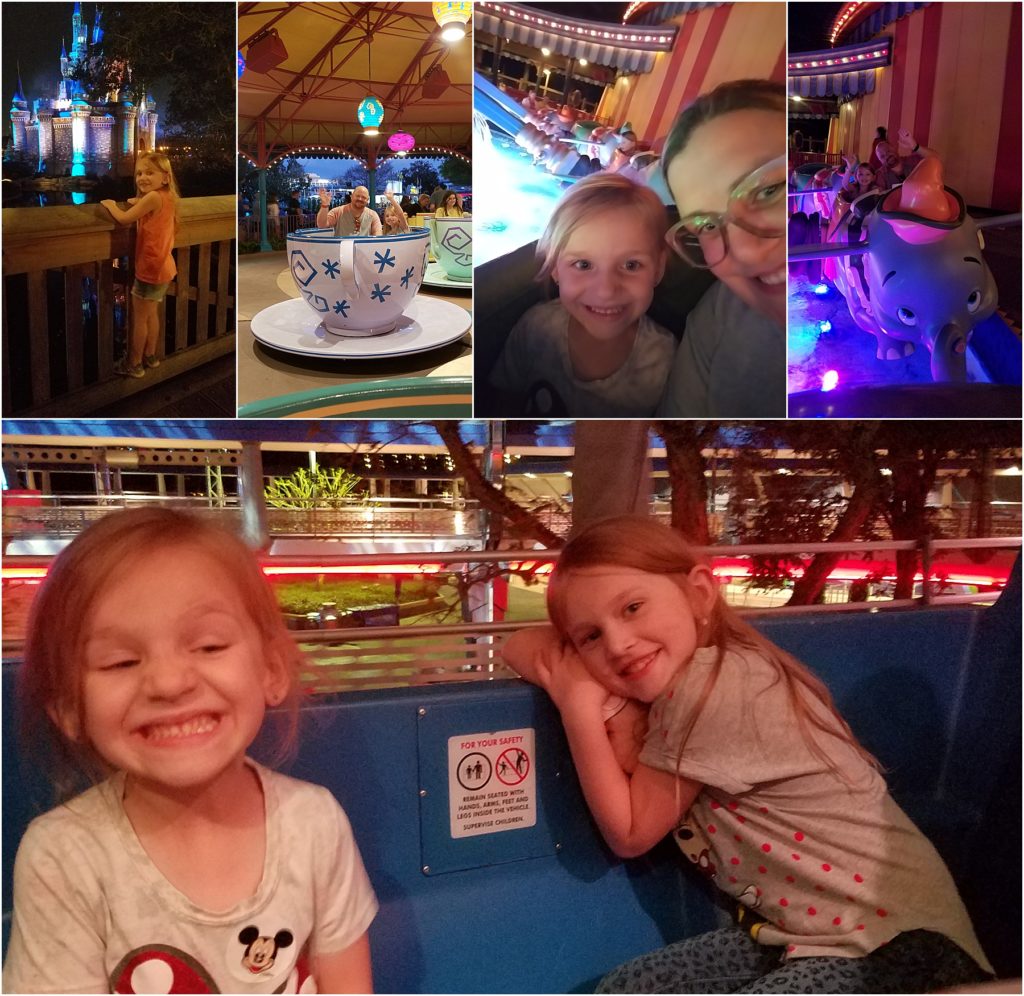
A Tale of Two Disney Trips
We’ve had the opportunity to experience various travel styles, and each journey offers unique memories. An example that comes to mind is our two separate trips to Disney.
The first was when we lived in a traditional house, and our vacation window was constrained to a regular 7 to 10-day break. The trip was fun-filled and exciting, brimming with fast-paced adventures and tight schedules. We packed in as much as possible to make the most of our short holiday. While it was an enjoyable experience, and we certainly created memories, it was the second trip that stood out.
After transitioning into RV living, we made another trip to Disney, this time with a radically different approach. Instead of cramming everything into a brief vacation, we bought an annual pass. This new freedom allowed us to enjoy the park in a previously impossible way.
We took advantage of our flexible lifestyle by visiting Disney after work, sometimes riding one ride or only watching the stunning fireworks light up the evening sky. The slower pace and freedom to choose how we spent our time resulted in a richer, more fulfilling experience.
Now, we understand that not everyone can buy an annual pass to a theme park or any other tourist destination, for that matter. However, our Disney experience is a metaphor for slow travel’s essence. The idea isn’t necessarily about prolonged access to a specific place but rather the luxury of time and flexibility that comes with life on the road.
When living in our RV, we found that we could create more memorable experiences on a single relaxed day at the park than during an entire rushed vacation. We strolled through the park, free from the pressure of ticking off a checklist of must-see attractions. We could soak in the ambiance, watch the fireworks, and enjoy the moment, truly embracing the magic of slow travel.
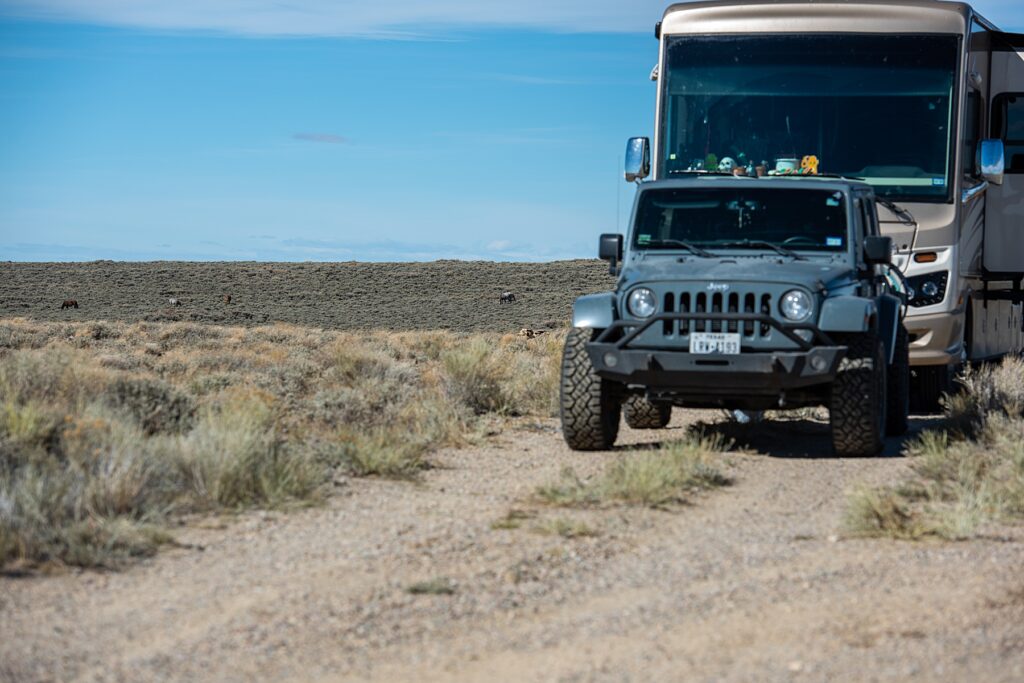
Planning for Slow Travel in an RV
When embracing the slow travel lifestyle, your choice of RV can significantly impact your experience. The ideal motorhome should balance comfort, functionality, and ample storage, especially when settling in one place for an extended period.
Class A and C motorhomes, 5th Wheels, and pull-behind trailers typically offer spacious living quarters, plenty of storage, and extra amenities to make your slow travel experience more luxurious. These larger RVs provide more room to move around, making them ideal for families or those who appreciate extra space.
In contrast, Class B motorhomes or conversion vans are typically more suited to faster-paced travel. Their compact size allows for easier navigation and parking and access to locations larger RVs might need help to reach. While van life has charm and unique advantages, it often lends itself to quicker, more busy travel schedules.
Remember, the ideal RV for slow travel largely depends on your preferences, lifestyle, and budget. You’ll need to consider factors such as the RV’s size and layout, potential energy sources (if you’re considering off-grid living or boondocking), and suitable space for work or homeschooling, if applicable. It’s all about finding what fits best with your vision of slow travel and your life on the road.
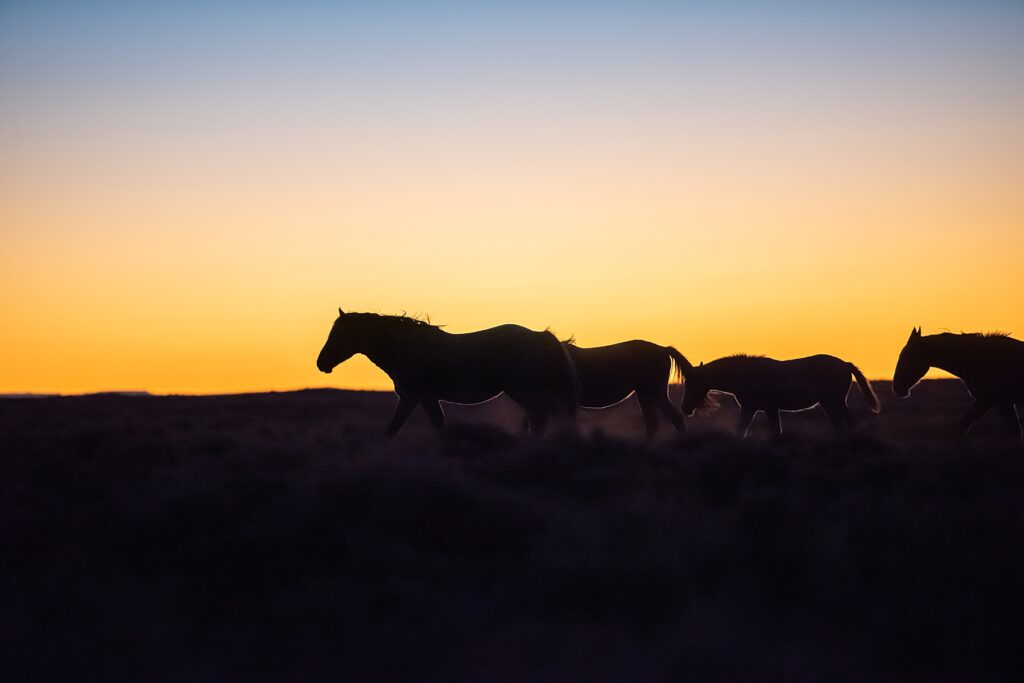
Choosing your destinations for slow travel is all about favoring quality over quantity. It’s about delving deeper into fewer locations rather than skimming the surface of many. While planning your route, allow flexibility. Your RV journey isn’t a race—it’s an opportunity to indulge in the beauty of spontaneity.
A solid strategy can be to plan out the big-ticket items for the year and then fill in the gaps as you go. These could be key attractions you’ve always dreamed of visiting or significant events you don’t want to miss. Once these are on your calendar, you can weave in other, more spontaneous experiences.
However, don’t forget to leave room in your itinerary for unexpected detours or extended stays in places that capture your heart. (Idaho for us!) It’s often these unplanned moments that end up being the most memorable. This approach allows you to be more immersed in your surroundings and gives you the time to experience each destination truly.
One of the joys of slow travel is the chance to live like a local. Living like a local means stepping away from the standard tourist routines and blending into the local culture. Plan for the off-season when places are less crowded, and you can explore at your own pace. To enrich your experience, read books, watch movies, or listen to music set in your destination before and during your visit.
Engaging with local communities is a cornerstone of the slow travel experience. Attend local events, shop at local markets, dine at local eateries, and try to grasp the customs and traditions of the area. This approach supports local economies and offers a more authentic and enriching experience.
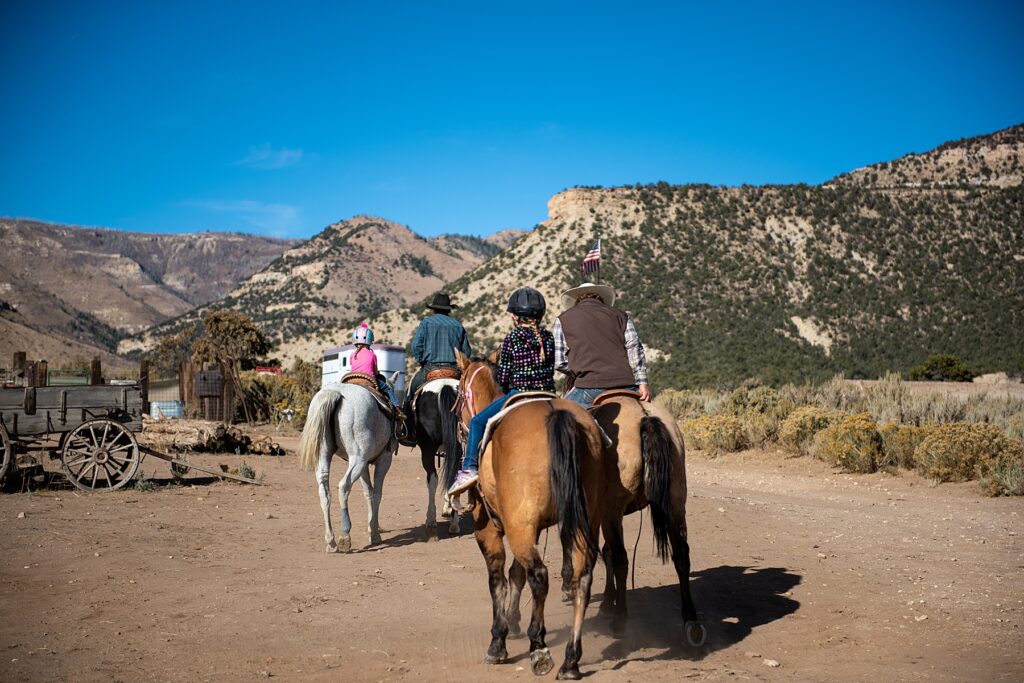
Services like Harvest Hosts can connect you with unique experiences, such as staying at vineyards, farms, and cultural sites. Beyond the scenic locations, these experiences often provide opportunities to learn more about local customs and specialties.
In essence, slow travel is about immersing yourself fully in your environment, creating lasting memories, and embracing the local experiences that come your way. It’s about being a traveler, not just a tourist.
It’s a mindset!
Slow travel in an RV is an art that brings the world to your doorstep in a relaxed, immersive, and sustainable way. It’s an invitation to explore deeper, connect more intimately, and truly savor the journey rather than rushing to the destination. So, why not slow down and let the adventures unfold at their own pace? Safe travels!

